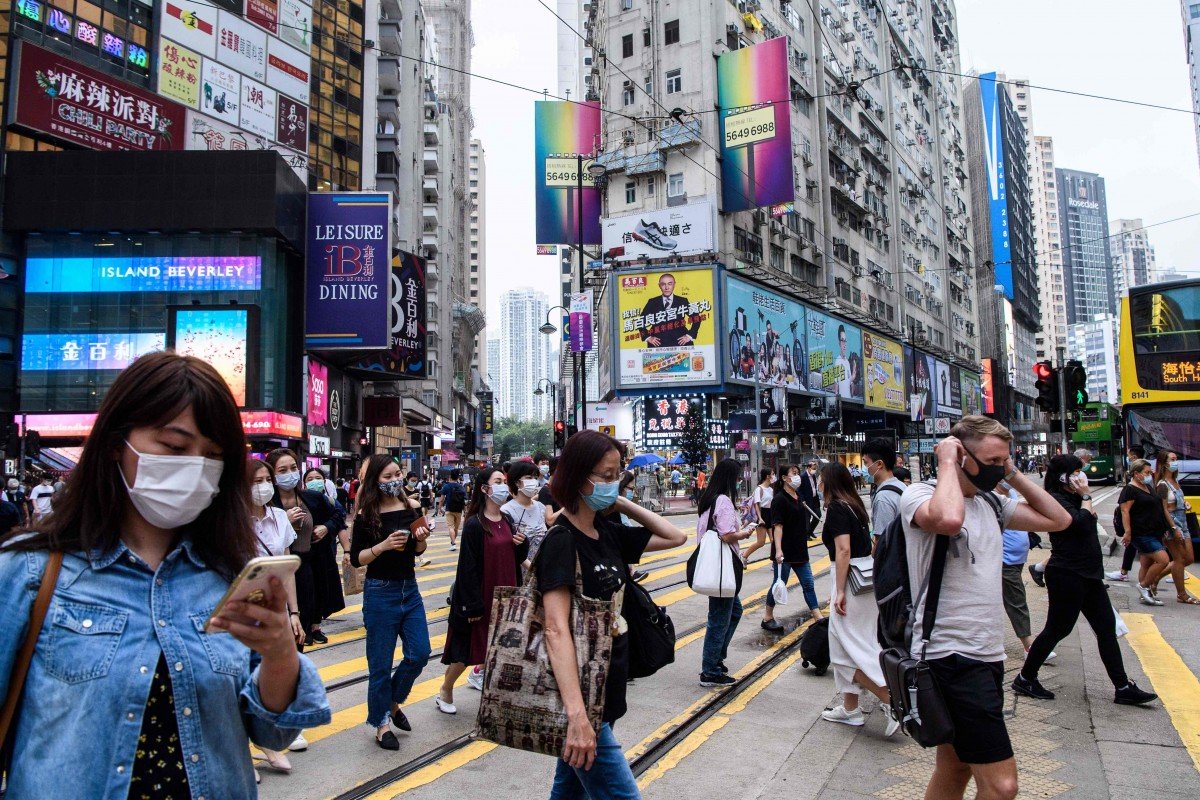Low suggests to retain "benefits" of social distancing after the pandemic

The devastating coronavirus pandemic has forced the world into an unprecedented social experiment: a “new normal” of social distancing. In an effort to contain the spread of Covid-19, governments have first encouraged, then compelled people to practice social distancing, or keeping a physical distance between individuals. Donald Low, Professor of Practice at HKUST and IEMS Faculty Associate, says that asking people to work from home and minimize socializing imposed quite a big cognitive and behavioral burden. Social distancing is a big ask because it required people to give up existing habits and therefore, many would experience “behavioral fatigue”. However, the widespread distrust in the Hong Kong government’s ability to handle the outbreak meant that people had voluntarily taken pre-emptive actions before being required. This distrust was heightened because of the anti-government protests have gripped the city since last summer. This may help them to sustain some of the behavioral changes even after the government says they are no longer necessary. In conclusion, Low advocates the public to keep up the benefits carried from the most sustained experiment in working from home, social distancing, e-teaching and so on.
Read the news article by Sarah Zheng published on 14 April 2020 in inkstone.
Get updates from HKUST IEMS







